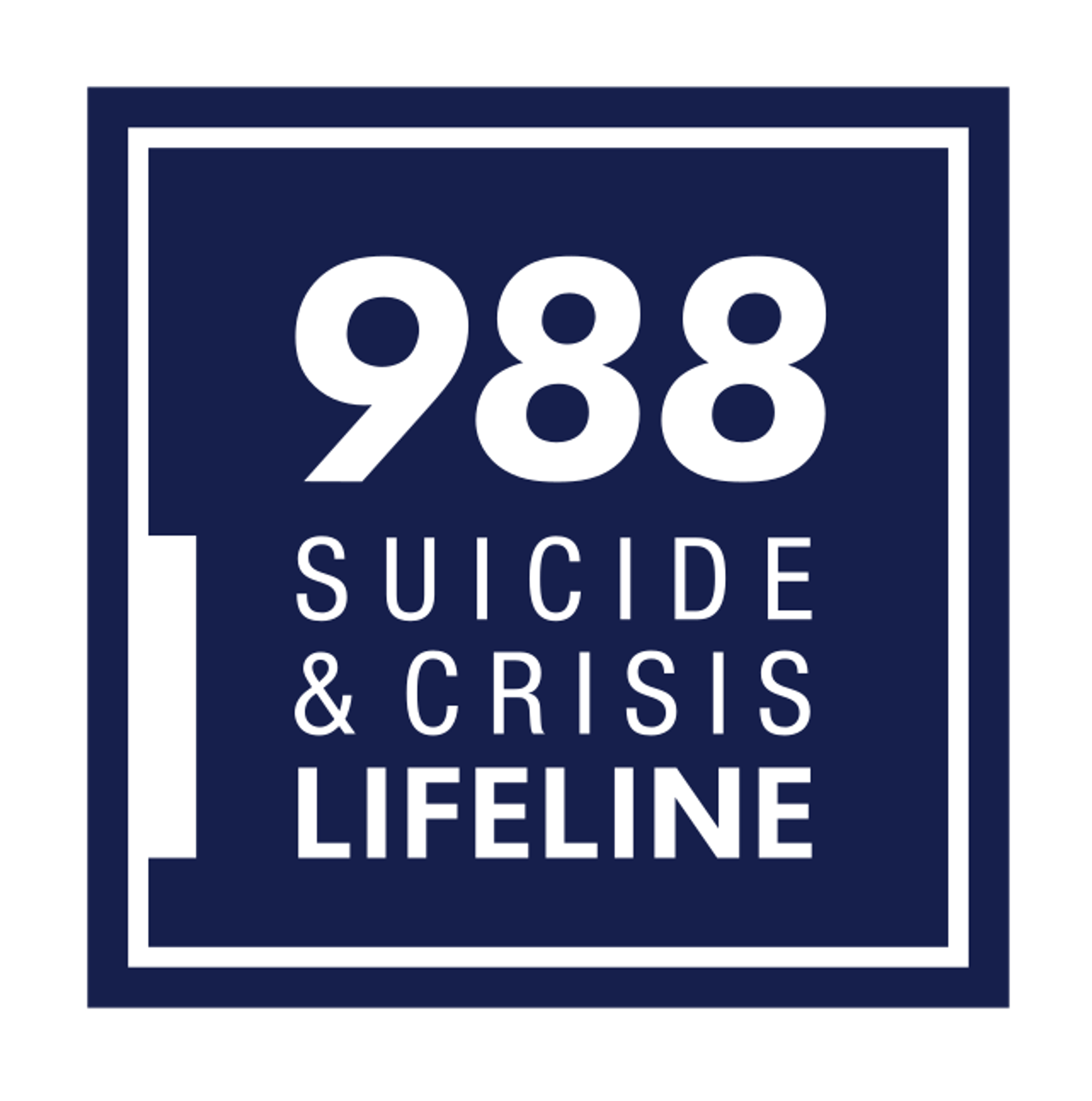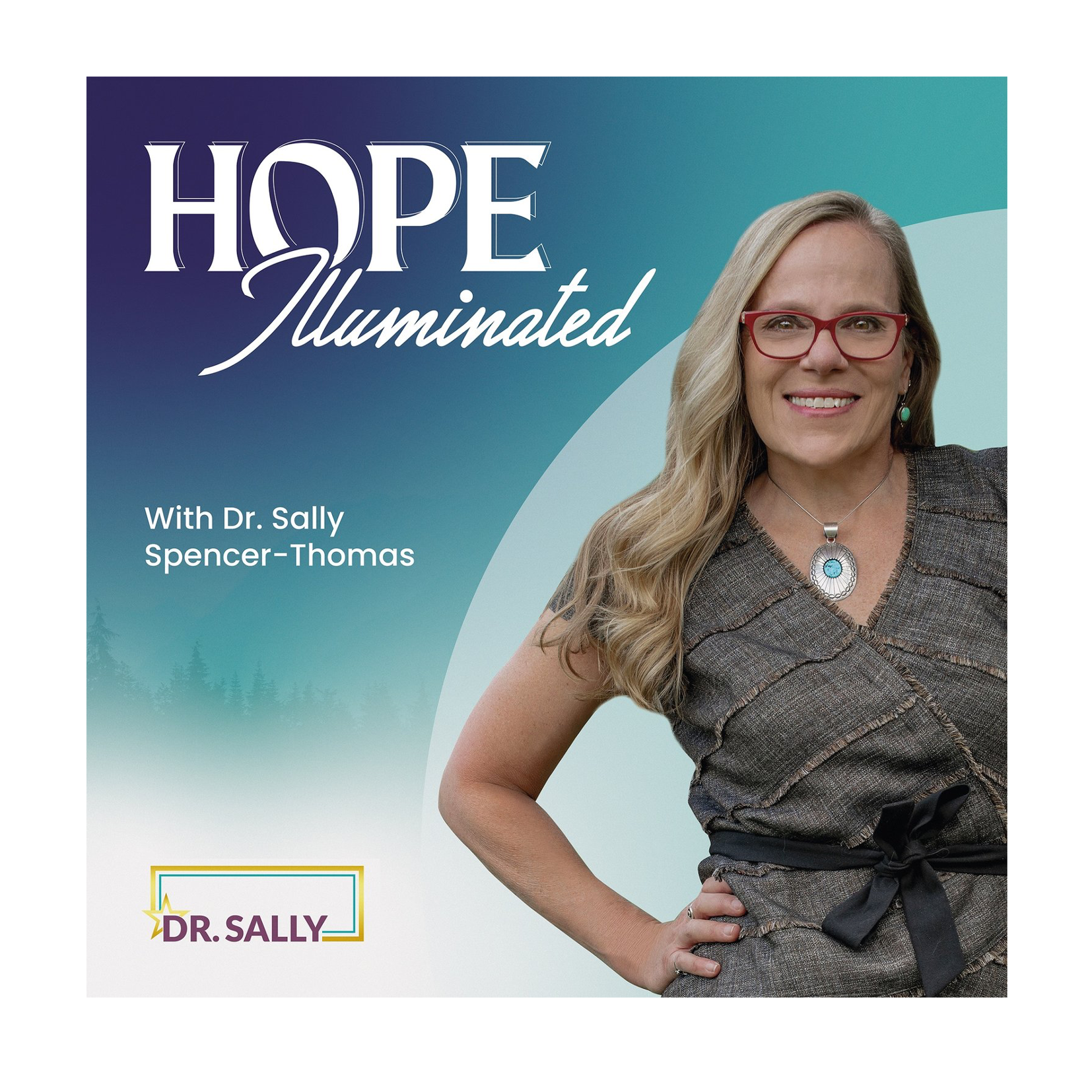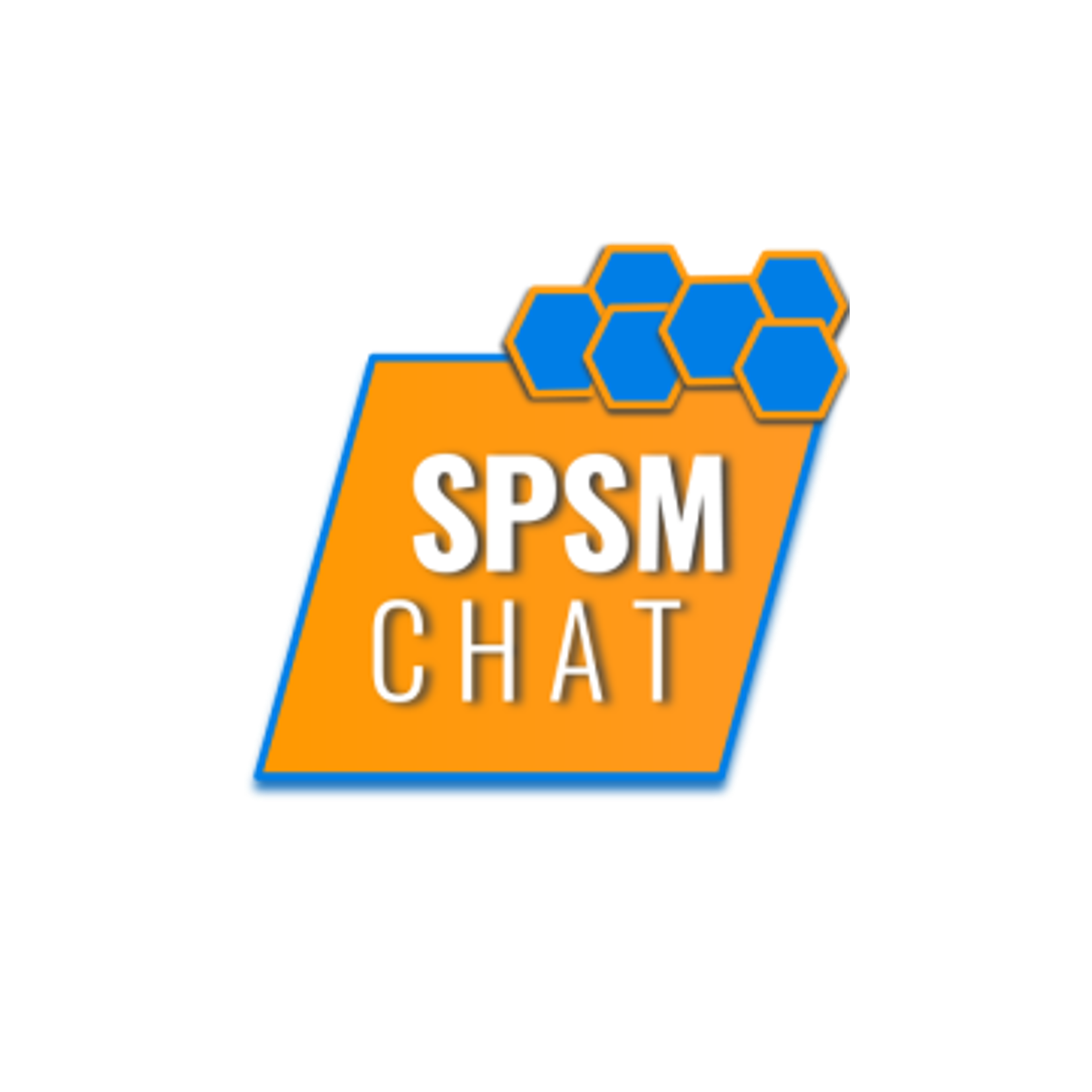Why our Model Works
Feeling Connected Helps
Social connections can protect against suicide. Many individuals experiencing suicidal thoughts say they would be comfortable talking about suicide. Our tools help caregivers make meaningful connections with their loved ones.Education Fills a Gap
While most people are willing to provide support if someone they know is thinking about suicide, they cite lack of knowledge as the biggest barrier. We provide suicide first aid education to bridge this gap.Self-Care is Key
Research shows caregivers are more effective when receiving education along with support for their own unique stressors. Our model pairs knowledge of how to help with self-care tools to ensure caregivers' needs are met.As Featured In
Click each link to learn more
Our Founders

Daniela Zanich, LCSW
LinkedInClinician and suicidologist by day, professional Netflixer and robe-wearer by night. I am a lover of people, a lover of helping, a lover of helping people. I also love my plants and can be bribed to go almost anywhere with food.

Johanna Louie, LCSW
LinkedInI'm passionate about connecting with and learning from people. From interviewing cruise ship guests to counseling crisis line callers, I can talk to you about most things imaginable. Unless you don’t like pasta...then our conversations will most definitely revolve around me convincing you otherwise.
Get in touch!
SID is not a substitute for clinical treatment or crisis intervention
If you are looking for emergency support, please call the National Suicide Prevention Lifeline at 988. Suicide Is Different's content and products were developed by subject matter experts for educational purposes only and intended for use by adults. We encourage you to review our Resource Directory if you are looking for clinical services or supports outside of the US.








